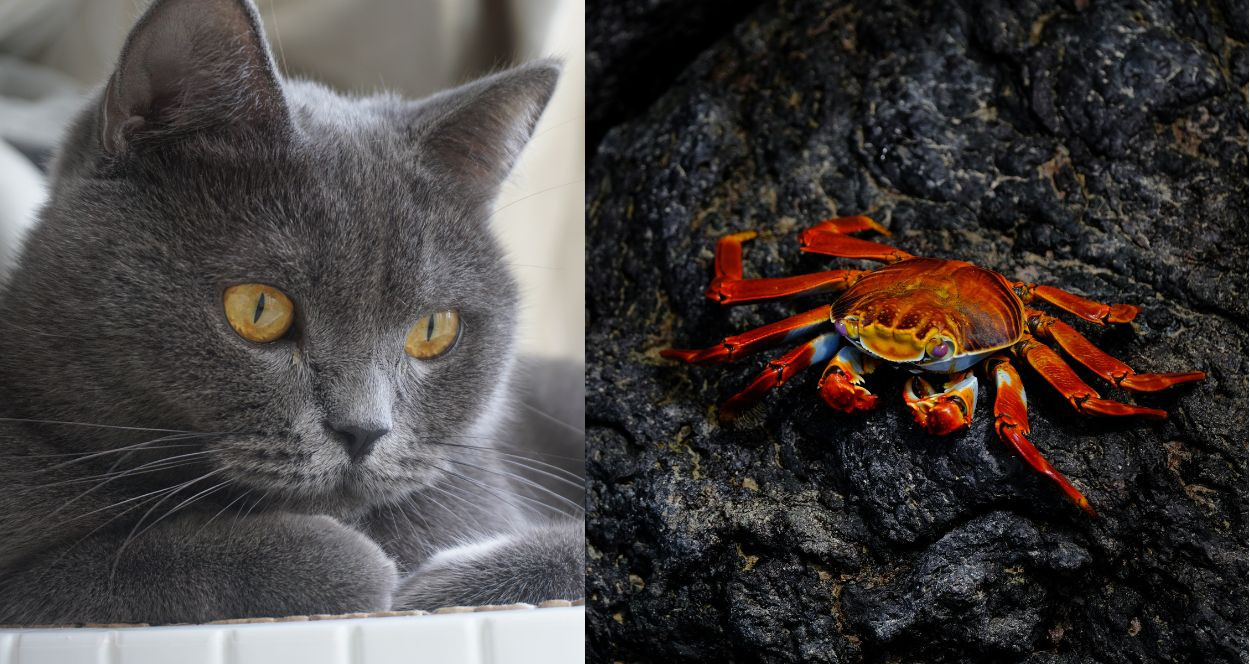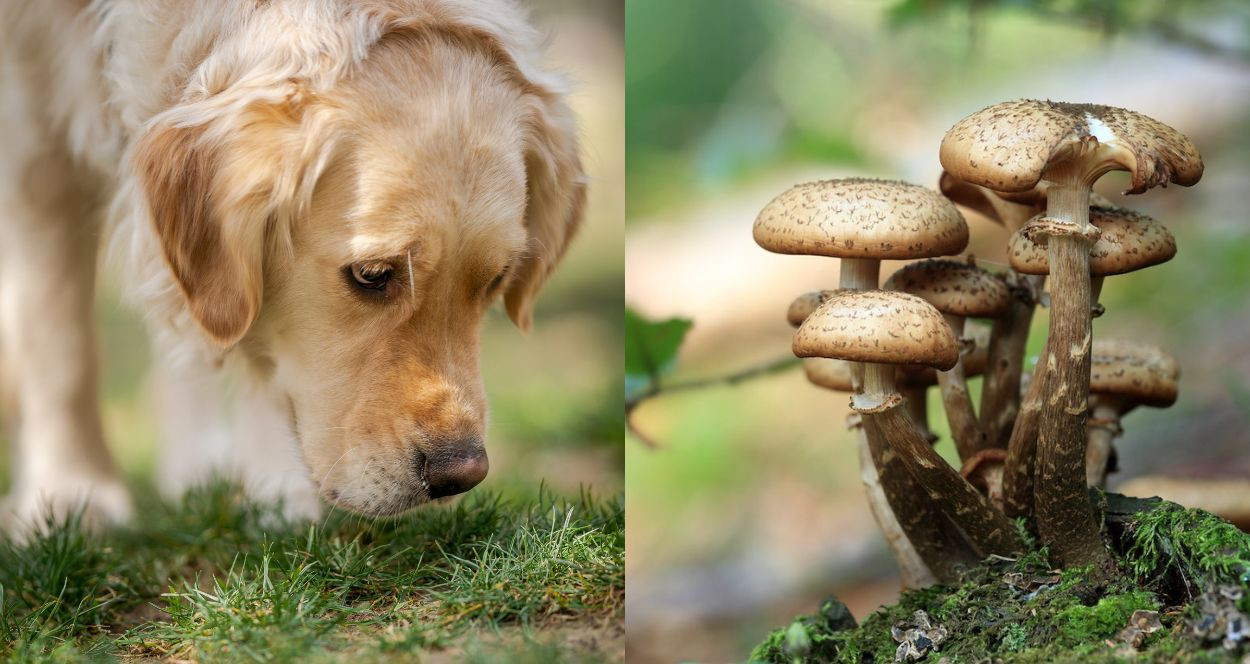As cat owners, we often find ourselves questioning whether certain human foods are safe for our feline friends. One such curiosity is crab, a delicious seafood that many of us enjoy. Cats are obligate carnivores, primarily requiring a diet of meat. This article aims to explore whether cats can safely eat crab, potential benefits, and the associated risks involved. Before you decide to share your seafood feast with your furry companion, it's essential to understand how it may impact their health.

Cats and Seafood: A General Overview
Cats, in their natural habitat, are hunters, and their diet consists mainly of animal-based proteins. Seafood, including crab, is a type of protein that some cat owners may consider adding to their pet's diet. However, domestic cats have different nutritional requirements from their wild counterparts due to their evolution alongside humans.
Specific Risks of Cats Eating Crab
While crab itself isn't toxic to cats, there are potential risks associated with feeding it to your feline friend. It's crucial to be aware of these risks to make an informed decision:
Potential Benefits of Cats Eating Crab
Nutritional Value of Crab Meat
Crab meat is a good source of protein and contains essential amino acids vital for a cat's overall health. Additionally, it offers essential nutrients such as vitamins B12 and selenium.
Omega-3 Fatty Acids and Other Nutrients
Crab meat is rich in omega-3 fatty acids, which can support your cat's skin, coat, and joint health. These nutrients are beneficial, but they can also be obtained from other, safer sources.
Risks and Dangers of Cats Eating Crab
Allergic Reactions
Just like humans, cats can be allergic to certain foods, and crab is no exception. If your cat hasn't consumed crab before, it's essential to introduce it cautiously and observe for any adverse reactions.
Choking Hazard
Crab shells can pose a choking hazard to cats, especially if they are not adequately chewed or broken down.
Parasites and Bacteria
Crab meat may contain parasites or bacteria that can be harmful to cats. Cooking the crab thoroughly can help mitigate this risk, but it's still crucial to be cautious.
Seasonings and Toxins
Crab is often seasoned with various spices and flavorings that might not be safe for cats. Additionally, some crabs may contain toxins, which can be dangerous for feline consumption.
Can Cats Eat Imitation Crab?
Imitation crab, often made from fish and other seafood, may not be harmful to cats in small amounts. However, it lacks the nutritional value of real crab meat and should not be a regular part of your cat's diet.
Seafood That Cats Should Avoid
Apart from crab, certain seafood items are harmful to cats and should be avoided. These include:
Other Types of Seafood Harmful to Cats
- Raw fish, which may contain harmful bacteria or parasites.
- Shellfish like clams, oysters, and mussels, which can also carry potential risks.
The Importance of Moderation
If you decide to introduce crab into your cat's diet, it should be in moderation. Remember that cat food designed for their specific nutritional needs is the best option for their overall health.
Can Dogs and Cats Eat Crab Meat?
Cats and dogs have different dietary requirements. While some cats may tolerate crab meat in small amounts, dogs might handle it better due to their more omnivorous nature. However, it's crucial to consult your veterinarian before sharing any human food with your pets.
Preparing Crab for Your Cat: Safety Tips
Cooking and Serving Methods
If you're determined to share crab with your cat, it must be cooked thoroughly and served in small, manageable portions. Avoid using any seasonings, especially those with salt, as they can be harmful to cats.
Can Cats Eat Crab Legs?
Crab legs pose the same risks as other parts of the crab. The shell can be a choking hazard, and they might contain the same potential toxins and parasites.
Can Cats Eat Crab Shells?
No, cats should never eat crab shells. They are indigestible and can cause blockages or injuries to the digestive tract.

Introducing Crab to Your Cat's Diet
Consulting with a Veterinarian
Before making any significant changes to your cat's diet, including introducing crab, it's essential to consult your veterinarian. They can provide personalized advice based on your cat's specific health needs.
The Transition Process
If your veterinarian approves, introduce crab gradually into your cat's diet. Watch closely for any adverse reactions, and if there are none, you can occasionally offer small portions as a treat.
Conclusion:
In conclusion, while cats can eat crab in small amounts, it's crucial to be aware of the potential risks and dangers. The nutritional benefits of crab can be obtained from other safer sources. If you decide to offer crab to your cat, make sure it's thoroughly cooked, free from seasoning, and offered in moderation. Always consult with your veterinarian before making any changes to your cat's diet to ensure their health and well-being.
FAQs:
Are crabs safe for cats? Crabs are generally not toxic to cats, but they do come with potential risks and dangers. It's crucial to introduce crab to your cat's diet cautiously and in moderation.
Can cats eat seafood? Some cats may tolerate certain types of seafood, including crab, but it's essential to be cautious due to potential allergies and other risks.
Can cats eat shrimp and crab? Cats can consume small amounts of cooked shrimp and crab, but it should be done in moderation. Keep in mind the potential risks associated with these foods.
Can my cat have imitation crab? Imitation crab, made from fish and other seafood, may not be harmful to cats in small amounts, but it lacks the nutritional value of real crab meat.
What seafood can cats not eat? Cats should avoid raw fish and shellfish like clams, oysters, and mussels, as they may contain harmful bacteria or parasites.
Can dogs and cats eat crab meat? Cats and dogs have different dietary requirements. While some cats may tolerate crab meat in small amounts, dogs might handle it better due to their more omnivorous nature.
Can cats eat crab meat? Cats can eat small amounts of cooked crab meat in moderation, but it's essential to consider the potential risks and consult your veterinarian.
Can cats eat crab legs? Crab legs pose the same risks as other parts of the crab. The shell can be a choking hazard, and they might contain the same potential toxins and parasites.
Can cats eat crab shells? No, cats should never eat crab shells. They are indigestible and can cause blockages or injuries to the digestive tract.
Remember, before introducing any new food into your cat's diet, it's crucial to consult with your veterinarian to ensure their safety and well-being. Your furry friend's health is always the top priority!













